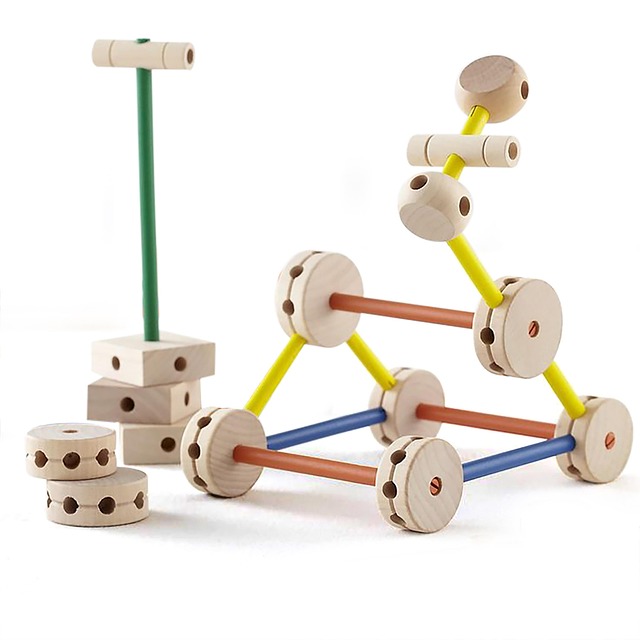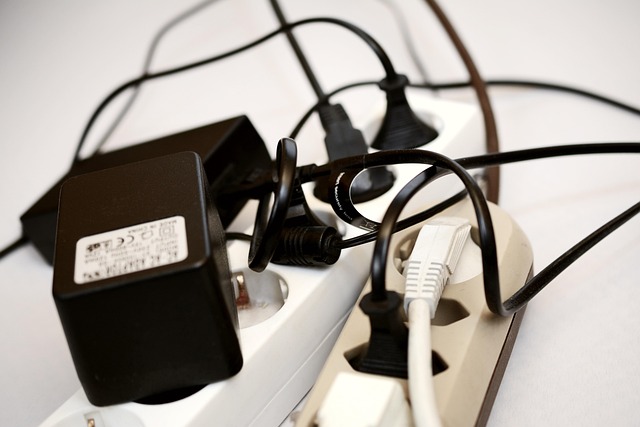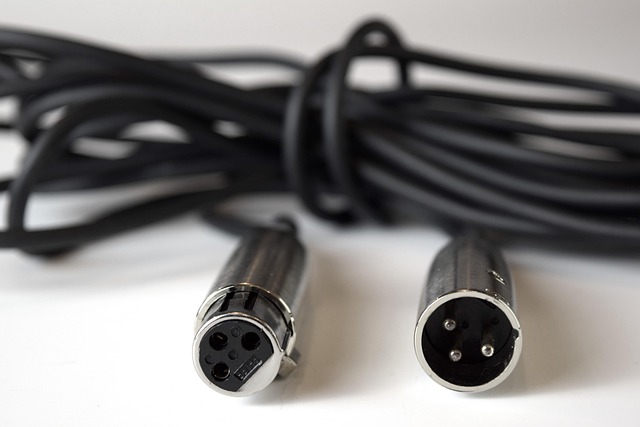Unveiling the Ultimate Guide to DC Connectors in the Cable Industry
In the expansive world of cables and connectivity, few components play as crucial a role as the DC connector. Whether you’re working on a high-tech project, outfitting your electronics workspace, or simply trying to ensure your devices run seamlessly, understanding the ins and outs of DC connectors is essential. These small but mighty connectors are the unsung heroes of power delivery, creating reliable links that keep devices running smoothly.
What Exactly Is a DC Connector?
A DC connector is a specialized type of electrical connector used to deliver direct current (DC) power from an external power supply to electronic devices. These connectors come in various shapes and sizes tailored to the voltage and current requirements of the equipment they power. From laptops and cameras to LED lighting and automotive electronics, the DC connector is fundamental.
The Role of DC Connectors in the Cable Industry
In the cable industry, where precision and reliability are paramount, the DC connector is more than just a simple joiner. It must withstand frequent connection cycles, maintain a firm grip to avoid accidental disconnection, and offer optimal current transfer without heat buildup. Manufacturers carefully select or design DC connectors to meet these demands, ensuring enhanced durability and performance.
Common Types of DC Connectors and Their Applications
- Barrel Connectors: Widely used in consumer electronics, barrel connectors are cylindrical and easy to plug in, making them favorites for power adapters.
- Coaxial DC Plugs: Featuring a center pin and a surrounding barrel, these connectors ensure polarity is maintained while protecting the connection from interference.
- Terminal Blocks and Screw Terminals: Used in industrial cables where secure electrical connections are essential, often for higher power applications.
- USB-C Connectors (for DC Power Delivery): Representing the modern universal solution, USB-C can deliver DC power efficiently while supporting data transfer.
What to Look for When Choosing a DC Connector
Selecting the right DC connector goes beyond just matching the plug size. Consider the following factors:
- Voltage and Current Ratings: Ensure the connector can handle the power requirements without overheating or failing.
- Polarity: Incorrect polarity can damage your devices. Many DC connectors have keyed designs to prevent misconnection.
- Durability and Build Quality: Look for connectors made from high-grade materials that resist corrosion and mechanical wear.
- Ease of Installation: Especially important in environments where cables may be changed frequently, or space is limited.
Innovations Shaping the Future of DC Connectors
The cable industry is continuously evolving, and DC connectors are no exception. Increasing demand for compact, lightweight, and more efficient power connectors has sparked innovations such as magnetic DC connectors that reduce wear and tear, and smart connectors capable of communicating power requirements dynamically.
Moreover, environmental concerns are driving the development of connectors made with recycled or more sustainable materials, without compromising performance or safety. These forward-thinking strategies promise a new era of connectivity—efficient, dependable, and environmentally conscious.
Bringing It All Together
Whether you’re a cable industry professional or a hobbyist, mastering the nuances of DC connectors empowers you to design and maintain more trustworthy power solutions. From choosing the right connector type to understanding how the cable and connector interplay affects your equipment, this knowledge can elevate your projects and products.
Remember, behind every reliable device, there’s a well-chosen DC connector working silently to keep the power flowing seamlessly.



